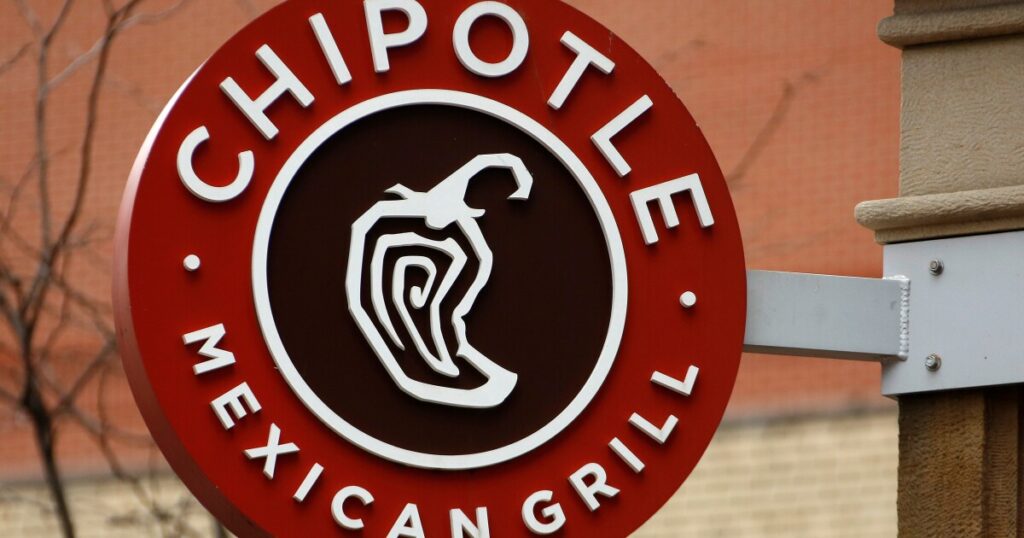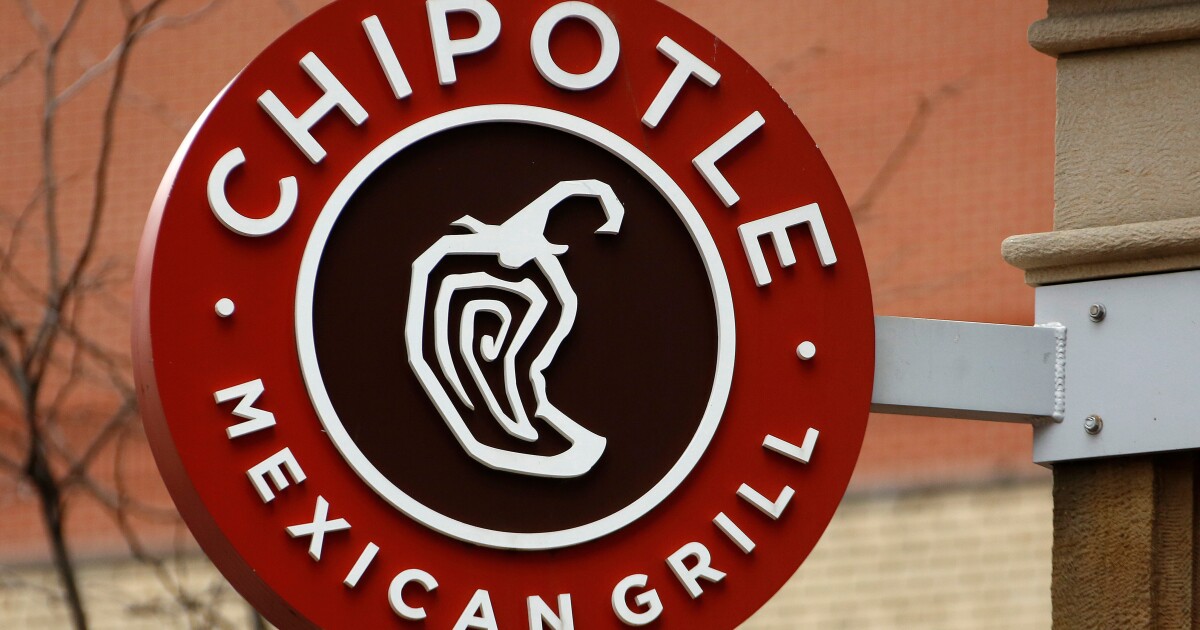
Chipotle Food Poisoning 2025: Investigating Recent Outbreaks and Prevention Strategies
In the ever-evolving landscape of food safety, concerns regarding foodborne illnesses remain a persistent challenge for restaurant chains and consumers alike. The year 2025 has seen renewed scrutiny of Chipotle Mexican Grill following reports of potential food poisoning incidents. While Chipotle has taken significant steps to improve its food safety protocols in recent years, the possibility of outbreaks continues to loom large. This article delves into the specifics of the recent concerns surrounding Chipotle food poisoning in 2025, examining the potential causes, public health implications, and measures being taken to prevent future occurrences.
Recent Reports and Public Concerns
Reports of possible Chipotle food poisoning cases in 2025 have sparked concern among loyal customers and public health officials. Social media platforms and online forums have seen a rise in complaints from individuals claiming to have experienced symptoms consistent with foodborne illnesses after consuming Chipotle meals. These symptoms often include nausea, vomiting, diarrhea, abdominal cramps, and fever. While these reports are anecdotal, they underscore the need for a thorough investigation to determine the extent and source of the issue.
It’s important to note that not all reported cases of gastrointestinal distress following a Chipotle meal can be definitively attributed to Chipotle food poisoning. Other factors, such as individual sensitivities, pre-existing conditions, or unrelated illnesses, can also contribute to similar symptoms. However, a cluster of reports within a specific timeframe or geographic area warrants closer examination by public health agencies.
Potential Causes of Chipotle Food Poisoning
Several potential factors could contribute to outbreaks of Chipotle food poisoning. Understanding these potential causes is crucial for implementing effective prevention strategies. Some of the most common culprits in foodborne illness outbreaks include:
- Norovirus: This highly contagious virus is a frequent cause of food poisoning, often spread through contaminated food or surfaces handled by infected individuals.
- Salmonella: A bacterial infection commonly associated with raw or undercooked poultry, eggs, and produce.
- E. coli: Certain strains of E. coli bacteria can cause severe gastrointestinal illness, often linked to contaminated ground beef, raw vegetables, and unpasteurized milk.
- Clostridium perfringens: This bacterium thrives in cooked foods left at room temperature for extended periods.
- Improper Food Handling: Inadequate handwashing, cross-contamination between raw and cooked foods, and insufficient cooking temperatures can all contribute to the spread of foodborne pathogens.
Investigating potential Chipotle food poisoning incidents requires a detailed analysis of food preparation practices, ingredient sourcing, and employee health protocols. Public health officials often conduct on-site inspections of Chipotle restaurants, collect food samples for laboratory testing, and interview employees and affected customers to identify the source of the contamination.
Chipotle’s Response and Food Safety Measures
Chipotle has faced significant challenges related to food safety in the past, prompting the company to implement extensive measures to prevent future outbreaks. These measures include:
- Enhanced Employee Training: Comprehensive training programs for all employees on proper food handling techniques, hygiene practices, and illness reporting procedures.
- Improved Ingredient Sourcing: Working with suppliers to ensure the safety and quality of ingredients, including rigorous testing and traceability protocols.
- Advanced Food Safety Technology: Implementing technologies such as blockchain to track ingredients from farm to table, enhancing transparency and accountability.
- Stringent Sanitation Protocols: Regular cleaning and sanitizing of all surfaces and equipment in restaurants to minimize the risk of contamination.
- Independent Audits: Conducting regular audits of restaurants by third-party food safety experts to ensure compliance with established protocols.
Despite these efforts, the recent reports of potential Chipotle food poisoning in 2025 suggest that further improvements may be necessary. The company must remain vigilant in its commitment to food safety and continuously adapt its protocols to address emerging threats.
Public Health Implications and Consumer Protection
Outbreaks of foodborne illness can have significant public health implications, leading to widespread illness, hospitalizations, and even fatalities. Protecting consumers from Chipotle food poisoning and other foodborne illnesses is a top priority for public health agencies.
When reports of potential food poisoning emerge, public health officials work to investigate the source of the outbreak, identify affected individuals, and implement measures to prevent further spread. This may involve issuing public health alerts, closing restaurants temporarily, and recommending specific actions for consumers who may have been exposed.
Consumers who suspect they may have contracted Chipotle food poisoning should seek medical attention promptly. It is also important to report the incident to local public health authorities to aid in the investigation and prevent further cases. Documenting the symptoms, date of consumption, and specific menu items consumed can be helpful in the investigation process. [See also: Reporting Food Poisoning Symptoms]
Preventing Future Outbreaks: A Collaborative Effort
Preventing future outbreaks of Chipotle food poisoning requires a collaborative effort involving restaurant chains, suppliers, public health agencies, and consumers. Key strategies for prevention include:
- Strengthening Food Safety Regulations: Implementing and enforcing robust food safety regulations at the federal, state, and local levels.
- Improving Food Safety Training: Providing comprehensive and ongoing food safety training for all restaurant employees.
- Enhancing Ingredient Traceability: Implementing systems to track ingredients from farm to table, allowing for rapid identification and isolation of contaminated products.
- Promoting Consumer Awareness: Educating consumers about food safety practices and the importance of reporting suspected cases of food poisoning.
- Investing in Research and Technology: Supporting research and development of new technologies to detect and prevent foodborne pathogens.
The Role of Technology in Food Safety
Technology is playing an increasingly important role in enhancing food safety and preventing outbreaks of Chipotle food poisoning. Advanced technologies such as blockchain, artificial intelligence, and sensor technology are being used to track ingredients, monitor food temperatures, and detect contamination in real-time.
Blockchain technology, for example, allows for a secure and transparent record of the entire food supply chain, from the farm to the restaurant. This can help to quickly identify the source of a contamination and prevent further spread. Artificial intelligence can be used to analyze data from various sources, such as restaurant inspections and social media reports, to identify potential food safety risks. [See also: AI in Food Safety]
Looking Ahead: The Future of Food Safety at Chipotle
As Chipotle continues to navigate the challenges of food safety, the company must remain committed to implementing and continuously improving its food safety protocols. This includes investing in new technologies, enhancing employee training, and working closely with suppliers and public health agencies.
The recent reports of potential Chipotle food poisoning in 2025 serve as a reminder of the ongoing need for vigilance and continuous improvement in food safety practices. By prioritizing food safety and working collaboratively with all stakeholders, Chipotle can rebuild trust with its customers and ensure the safety of its food.
Ultimately, preventing Chipotle food poisoning and other foodborne illnesses requires a multi-faceted approach that addresses all aspects of the food supply chain, from farm to table. By embracing technology, strengthening regulations, and promoting consumer awareness, we can create a safer and more secure food system for everyone.
The ongoing efforts to combat potential Chipotle food poisoning incidents are critical for maintaining public trust and ensuring the health and well-being of consumers. As investigations continue and new information emerges, it is essential to stay informed and prioritize food safety in all aspects of the food industry. [See also: Food Safety Regulations Update]
In conclusion, the reports of potential Chipotle food poisoning in 2025 underscore the importance of continuous vigilance and improvement in food safety practices. By addressing potential causes, implementing robust prevention strategies, and fostering collaboration among all stakeholders, we can work towards a future where foodborne illnesses are minimized and consumers can enjoy their meals with confidence.

